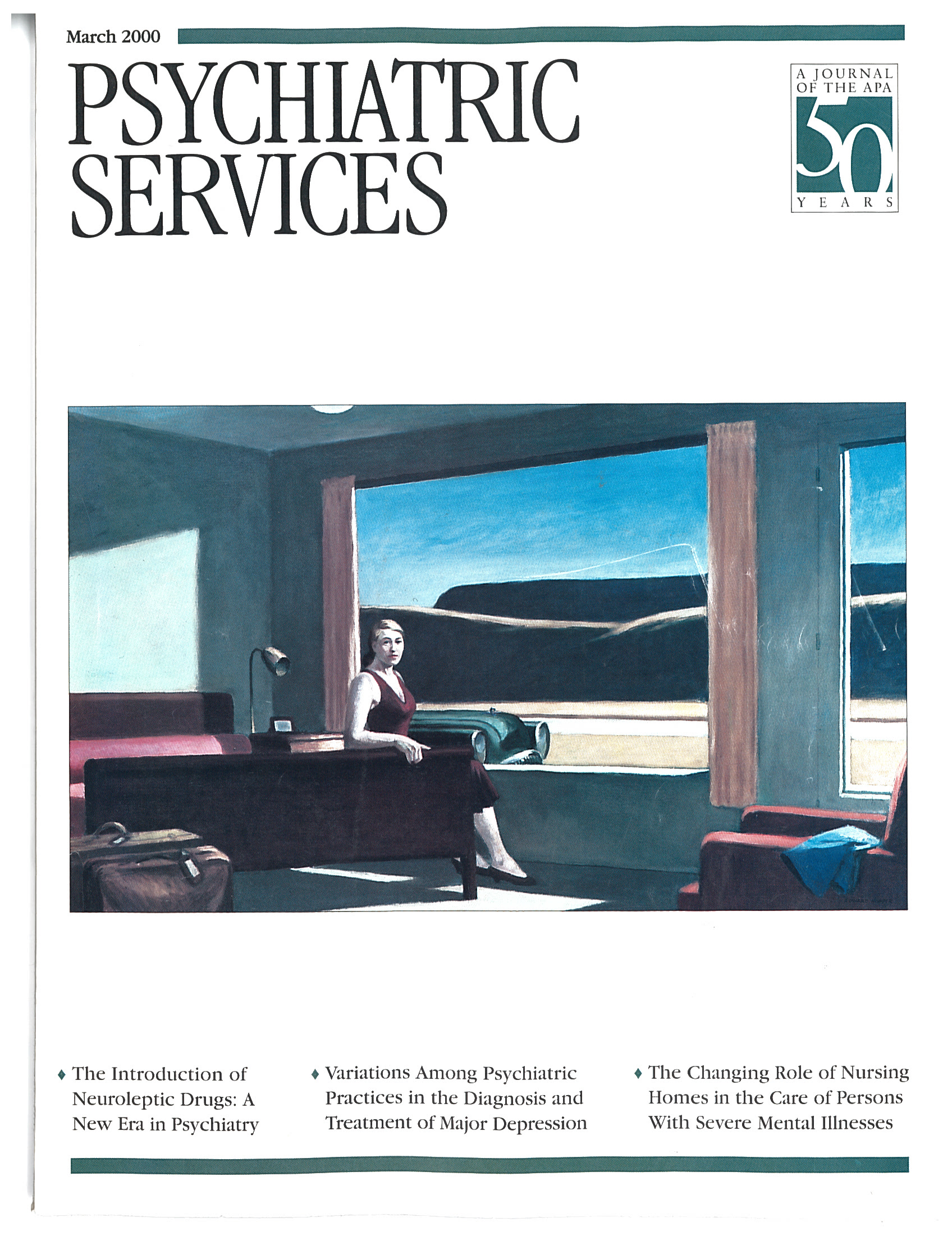Use of Health Services by Men With and Without Antisocial Personality Disorder Who Are Alcohol Dependent
Abstract
In a sample of 104 medically stable male veterans with alcohol dependence, rates of health service utilization were compared for 48 patients with a primary diagnosis of antisocial personality disorder and 56 patients without this diagnosis. Patients were diagnosed using DSM-IV lifetime criteria; previous utilization of health services was based on self-reports. Although a similar proportion of both groups reported previous service use, patients with antisocial personality disorder reported using more substance abuse treatment services than those with a primary diagnosis of alcohol dependence. Between-group multiple regression analysis showed that an earlier age at onset of alcoholism and a history of a comorbid substance-induced mental disorder best predicted higher rates of use of substance abuse treatment.



